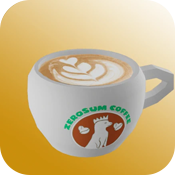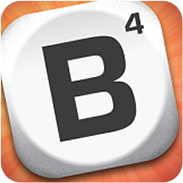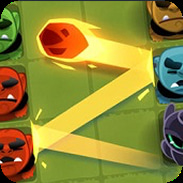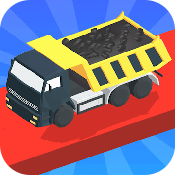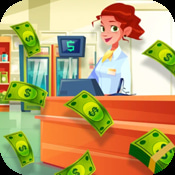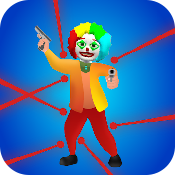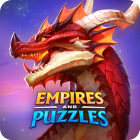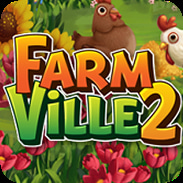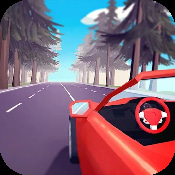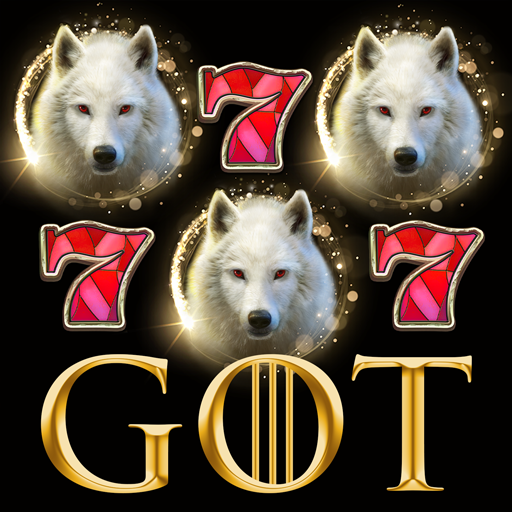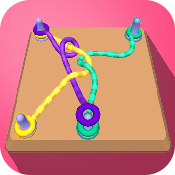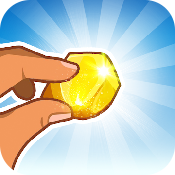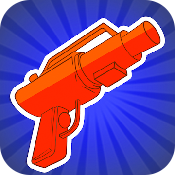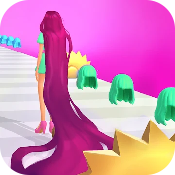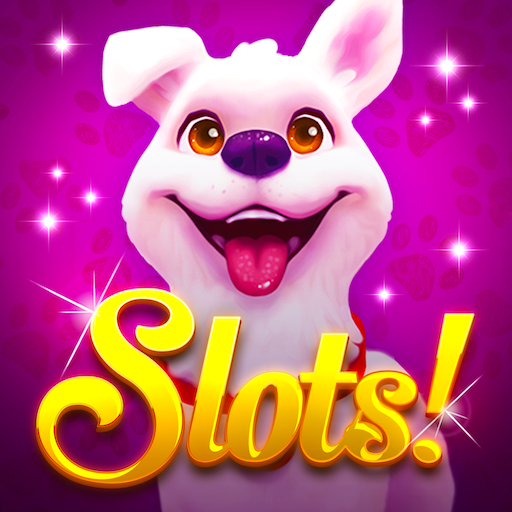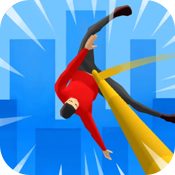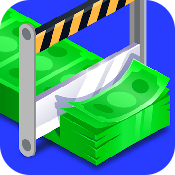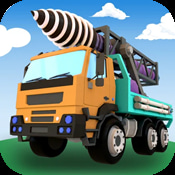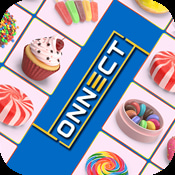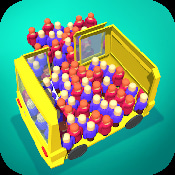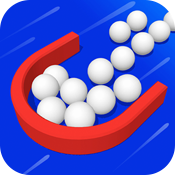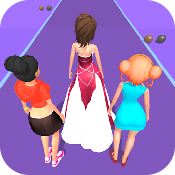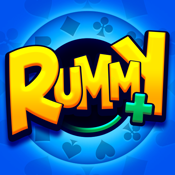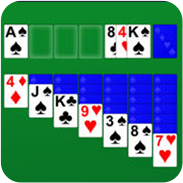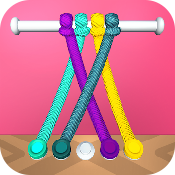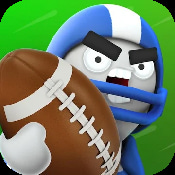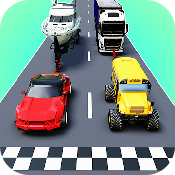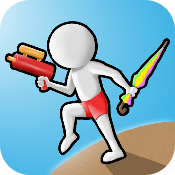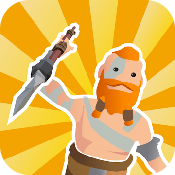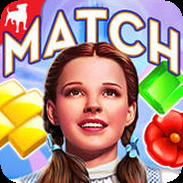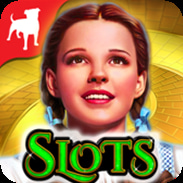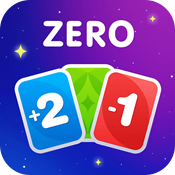API | Employee Spotlight: Basangouda “Basu” Inamdar
Basangouda “Basu” Inamdar
Lead Experience Designer
Lead Experience Designer Basangouda “Basu” Inamdar doesn’t believe in bad questions. Read on to hear what Basu thinks asking questions can do for you, what it means to be a part of ZAPI (Zynga’s ERG for Asians and Pacific Islanders), the importance of mentorship – and how his deep rural roots and the emphasis on group versus individual have shifted from family and community to team, discipline and organization.

What was your career path to Zynga?
Born in India, I’ve lived in Toronto for the past four years. I started as a Software Engineer after studying Computer Science Engineering, but my interest in art and design led me to switch careers. After doing a post-grad in New Media Design, I interned as a Game Designer at Dhruva Interactive, India’s premier gaming/art studio, which turned into a full-time role.
Over six years, I worked on various projects and wore many hats, including UI Designer, acting Creative Director, and Producer. During this time, I learned a lot from trial and error. I also contributed to client proposals, such as one for Zynga India, helping to establish a new department in social-games-art-services at Dhruva.
Jump to 2014, in between jobs and eager to transition my career from Game Design to UI/UX, I seized an opportunity at Zynga India, marking the start of my journey as a UI/UX Designer.
What’s the best advice you can give to someone who just started their career?
The sooner you form the habit of asking questions, including those you might consider ‘bad’ (since no such thing truly exists), and admitting when you don’t know something, the quicker you’ll learn and grow! I wish I’d received this advice when I started – but more importantly, I wish I had allowed myself to seem “ignorant” sooner.
As an individual in the tech industry, what are some difficulties or obstacles that you’ve faced, and how did you overcome them?
Early in my design career, I struggled with critical feedback and faced difficulties when my game pitches were not approved. I was overly attached to my ideas, and I took these rejections too personally which was emotionally draining. However, over time, through discussions with fellow designers and mentors, I learned to consider the reasons behind the no. This approach has significantly improved my ability to handle such situations. Although rejections still sting, I can now recover quickly!
What advice would you give to others who may be navigating challenges related to diversity in their careers?
That’s a tough situation and I empathize. My advice would be to first reach out to people within your organization – such as Employee Resource Groups (ERGs), your HR manager, or your immediate supervisor. It’s crucial to initiate the conversation and speak up. You’ll often discover that others might be dealing with similar issues. If your organization is small, don’t hesitate to reach out to your professional network. Help is usually easier to find than you might think.
Are there any games or products that you’ve been involved with that hold a special place in your heart?
Three game projects come to mind. The first is Bazzle — a physics-based puzzle platformer for tablets developed at Dhruva Interactive. I was involved from its inception to its final release, even navigating a platform pivot midway. Although it didn’t gain much traction on the App Store, the experience was enriching and it’s a game I’m proud of.
The second project is Farmville 1, the original social game on Facebook and my first project at Zynga. This project allowed me to impact a game with massive scale, form lasting relationships with talented colleagues, and experience feedback from a vocal player community — all great experiences for a designer.
The third is Words with Friends, my current project. The talent and camaraderie within the team inspire me to do my best every day. Beyond contributing to the game and the UX discipline, I also have the gratifying opportunity to mentor, guide, and develop my team.
How does Zynga’s mission – to connect the world through games – shape the company culture?
Our games are inherently social, appealing to a broad demographic that includes various ages and skill levels, even those who don’t identify as “gamers”. This diversity is reflected in our teams, as we value a range of perspectives and contributions in our game design and development.
What do you enjoy most about working here?
Throughout my time at Zynga, I’ve had the privilege to work with colleagues who are not only incredibly talented and passionate, but also deeply care about each other and the work/games we produce. The culture is meritocratic and inclusive, fostering the belief that the best ideas can come from anyone.
Have you had any mentors or role models who have played a significant role in your career development?
Yes, it’s a long list! I’ve been fortunate to have seniors and managers throughout my career who were forthcoming with feedback and told me things I needed to hear, including talking me through the rejections. It’s only late in my career that I’ve started seeking active mentorship and coaching, and I can’t recommend it enough to anyone reading this!
How has your cultural background influenced your career journey?
I hail from the southern Indian state of Karnataka and was raised in an agricultural family with deep rural roots. My cultural background didn’t directly influence my career choice. Instead, I managed to overcome cultural and family pressures to choose a path far removed from what my family or I had anticipated. However, I do see a significant correlation in the emphasis on the group rather than the individual – shifting from family/community to team/discipline/organization.
Tell us about joining ZAPI (Zynga Asians & Pacific Islanders) and what the group has brought to you and your career?
I moved to Zynga Toronto, Canada in January 2020. During the pandemic and the Black Lives Matter movement, I was feeling vulnerable about my cultural identity in a new country. Joining ZAPI provided me with a sense of connection and familiarity with colleagues from my part of the world. I mainly engaged passively with the ERG channel, reading posts on various topics and participating in events and celebrations around Asian/Pacific Islander holidays. I wanted to contribute, but I didn’t have the capacity at the time.
In 2023, when an opportunity arose to be the Learning and Development Chair, I volunteered and was chosen. I have a passion for reading, learning, and connecting ideas, and this role allows me to do so for ZAPI and make a meaningful impact.
How do you recognize and celebrate this heritage month?
For me, it’s about acknowledging our individual journeys of challenges and victories that have brought us to this moment. It’s also about sharing these stories.
Can you share a meaningful tradition or celebration from your heritage that you hold dear?
The harvest festival of Sankranti, celebrated mid-January, is one that’s close to my heart. Growing up, it was about making your own paper kites, going to the farms in the oxen-pulled-carts (yes!), having a picnic lunch by the river and flying your kites! Nostalgic!

